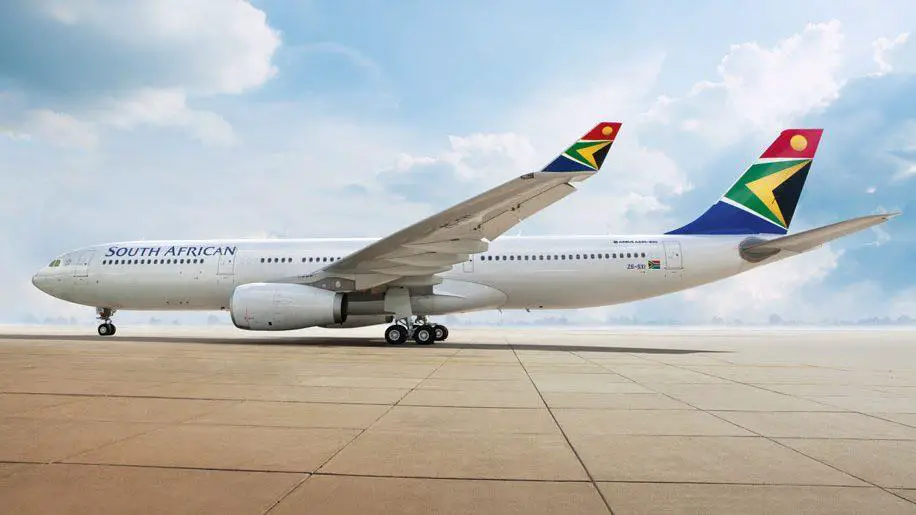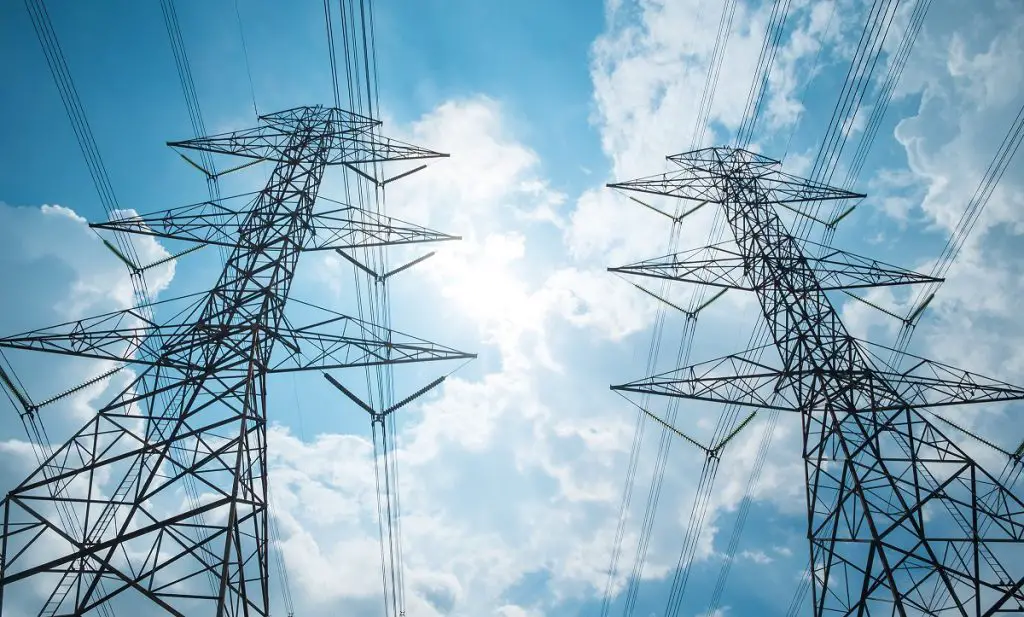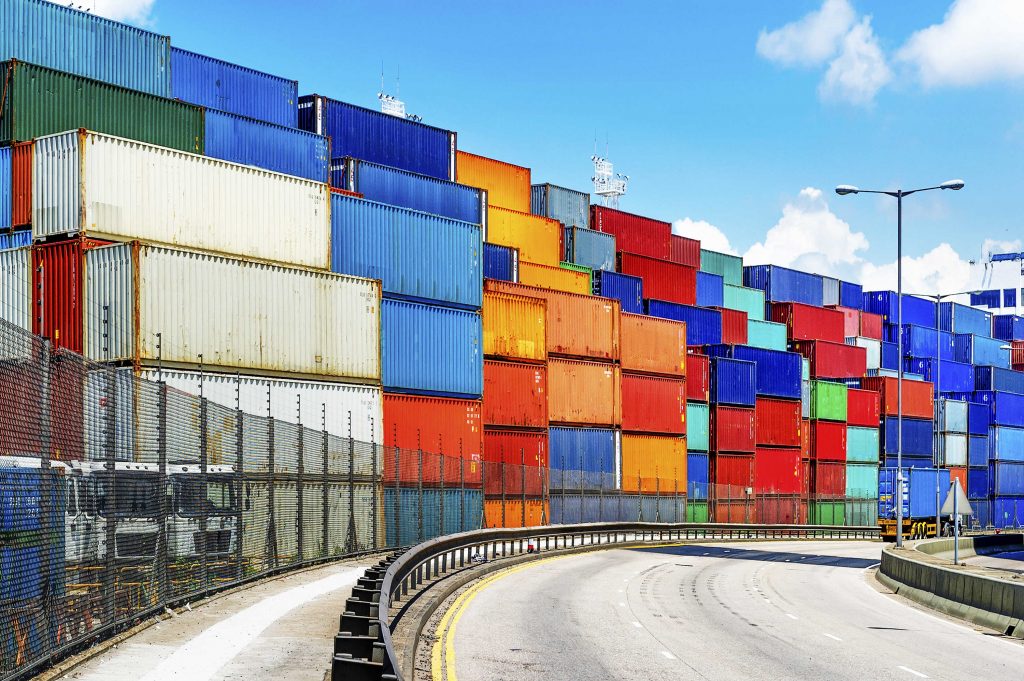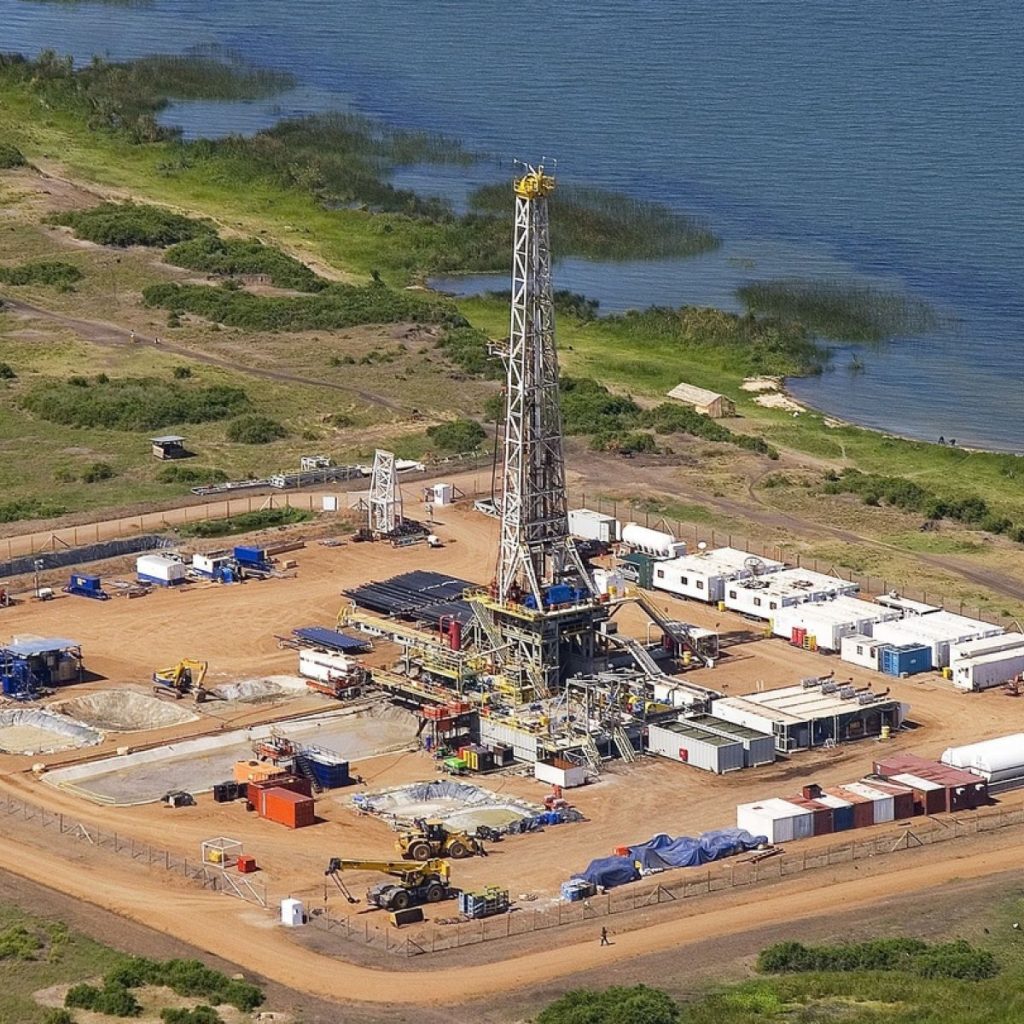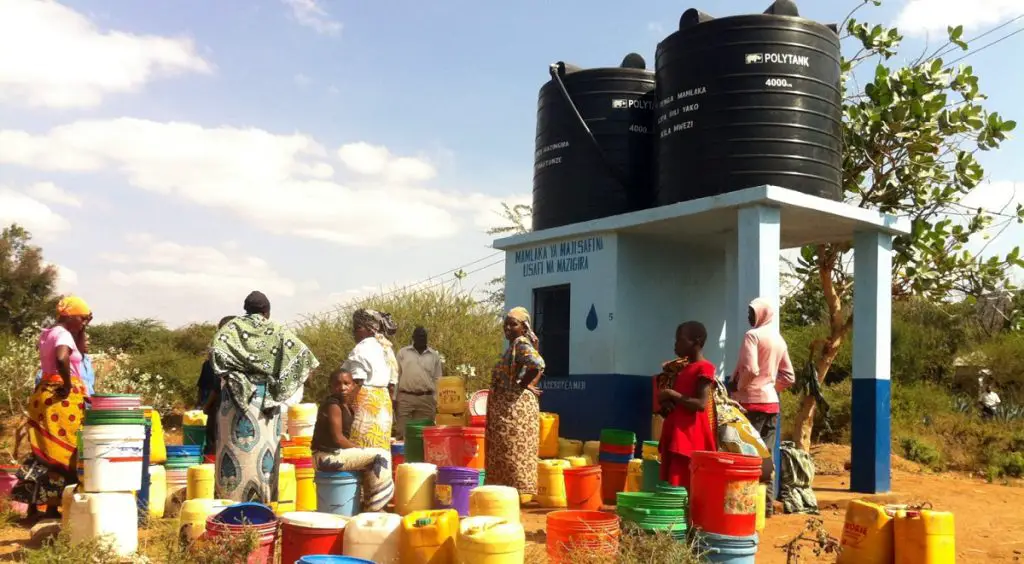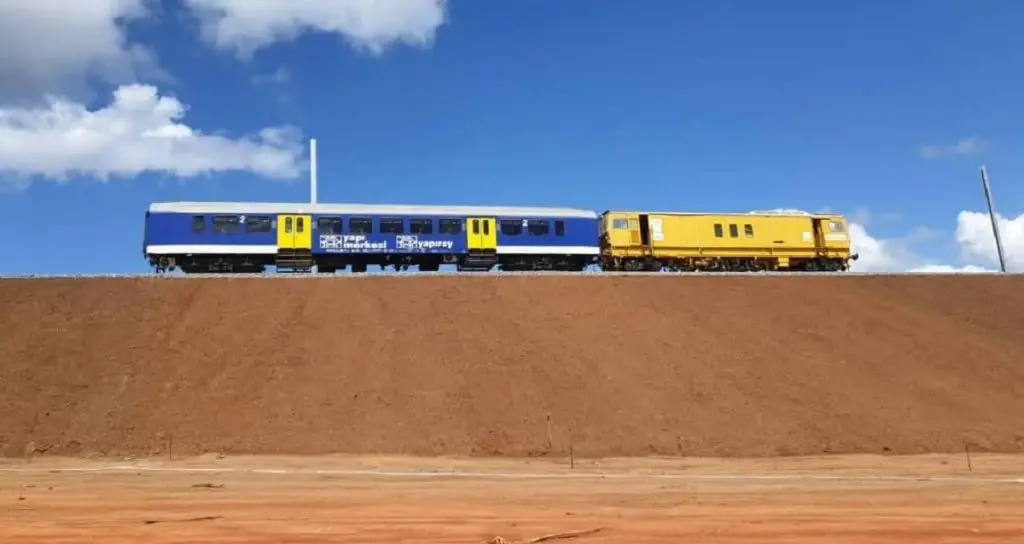- Youth Unemployment in Kenya: The Role of Vocational Training
- New $900,000 initiative aims to boost sustainable trade in Tanzania
- Organization of the Petroleum Exporting Countries’ (OPEC) pride in its African roots
- AIM Global Foundation pushes for stronger Gulf-Africa trade partnerships
- Investment opportunities in South Sudan’s emerging gold industry
- Family planning drive in Kenya gets 450,000 self-injectable contraceptive doses from UK
- AfDB commits $2 billion to revolutionise clean cooking in Africa, save forests
- The harsh realities of family laws for African women revealed
Browsing: Tanzania
When it comes to extractive industries, Tanzania is one of Africa’s richest countries. From minerals to marine resources, Tanzania has it all. It is the World’s only source of Tanzanite, a blue gem said to be 1000 times rarer than diamond. It is home to the highest mountain on the continent and Lake Tanganyika, the World’s deepest lake.
How to manage the extractive industries is an insurmountable task that has seen many countries plunge into endless civil wars. At the center of this strife is a matter of much deliberation but one word can describe the complex mechanisms that are required to efficiently manage the extractive industries, transparency.
Transparency in this case is a very touchy subject after all, who wants to let the world know the details of the 100 years renewable contract that they have signed with a multi-national corporation?
However, that is exactly what transparency demands, stifle …
Infections in Africa have been steadily rising after initial indications had shown the continent was not affected by Coronavirus compared to other regions. What started with a few cases in Nigeria and Egypt has risen to over 500 cases and a dozen deaths.
Now, the World Health Organisation (WHO) says there could be more cases that what is officially documented. The explanation according to Ethiopian born and head of WHO is that the tests being conducted by the local governments are not as robust.
“I think Africa should wake up. My continent should wake up,” said WHO chief Tedros Adhanom Ghebreyesus.
WHO reports that there are over slightly over 591 coronavirus patients in Africa and the numbers are rising each day. Egypt reported the largest number of positive cases (196), followed by South Africa (116), Algeria (72), Morocco (49), Senegal (31), Burkina Faso (20), Cameroon (10), Rwanda (8), Democratic Republic …
Coffee production in South America is on a sharp increase and the resulting market flood is severely hurting East African coffee growers.
As supply increases, the market price is steadily falling. For trading blocs like the East African Community (EAC) where coffee is traditionally among the leading export commodities, the lower market prices spell a gloomy period up ahead.
In fact, for most of the East African countries, coffee accounts for 76 percent of the value of all agricultural exports put together. So losing the coffee market is a severe blow to economic development in East Africa and across the continent too.
Sector pundits say South America is using improved hybrids that are growing fast, producing better yields and they also have better after harvest storage and transportation facilities which are important to maintain the quality of the grain.
For example, statistics show that Brazil is now the world’s leading …
The deadly coronavirus (COVID-19) which has now spread over 60, with 93,000 cases and more than 3,000 deaths in China, is projected to hurt the African airline landscape, taking away $40 million in revenue.
At the moment, Africa has witnessed confirmed cases in Senegal, Nigeria, Egypt, Algeria, Morocco and Tunisia.
The outbreak has made big-industrial players such as British Airlines, United Airlines, Cathay Pacific to trim their routes to various destination, including northern Italy, South East Asia, to evade further trouble with the virus.
On that line, African airlines have taken their own path to curb the scenario, as Tanzania’s emerging airline halted its scheduled flights to China, Kenya’s court order made Kenya Airways postpone flights to China, and Rwanda did the same.
However, Ethiopia faced criticism for not realizing the flights’ cancellation to China, like its fellow players.
According to the International Air Transport Association (IATA), the global aviation …
East African nations Kenya, Ethiopia, Rwanda, Uganda and Tanzania have been on a green energy harnessing mission creating thousands of megawatts they may not consume by the year 2022.
These countries could find themselves in a conundrum where they have too much electricity which people cannot use. This possible scenario could be created by the likelihood of not enough people being able to purchase this power or the inability to use it due to different reasons.
The biggest challenge for this power being a burden to these governments could be because most of them lack the infrastructure to transmit this power to those who need it. In addition, countries that have been purchasing power from their neighbours are also moving to produce their own meaning they will be struck by a surplus they cannot utilise and in return suffer massive costs of having idle power.
Power capacity surplus
With the …
The first quarter of 2020 has had mixed results for the economies of East Africa. The weather, a key determinant of inflation rates, has been good. Forex rates have remained stable in the region as a balance between dollar demands and diaspora remittance has been easily reached. Eastern Africa is one of the regions in Africa with the highest growth rate and this has remained so in the first two months of the year, with Ethiopia and Rwanda still in the driver’s seat. In terms of foreign direct investments, Kenya and Ethiopia are still the leading pack, with Kenya receiving investments in ICT and manufacturing while Tanzania is receiving investments in mining. Rwanda is a leading conference destination and Uganda is receiving investments in renewable energy as well as in oil and gas.
Kenya and Rwanda are still leading in developing policies that promote trade and investments, while Ethiopia is …
In a jammed conference room in a Nairobi hotel in early 2019, a panel of rights activists poked holes at the Kenyan oil exploration and mining activities in Turkana. Blow by blow, the team illustrated how Kenya stands to lose if radical measures are not put into place to ensure the resource benefits the country.
The Kenya Oil and Gas working group called for an audit of the contracts of oil mining to ensure they follow international standards. Charles Wanguhu, a social activist coordinator of the Kenya Civil Society Platform on Oil and Gas, said in international practice, if a company prospects and fails to find oil, it meets its costs.
However, if it finds oil, the country pays for the expenses. Therefore, Wanguhunotes that in the case of Kenya, the need for audit will ensure that the costs which Kenyans will pay for do not include those wells that …
Communities without a reliable clean water supply are set to benefit from a project that will utilise solar technology to desalinate water.
This follows the launch, by four companies, of East Africa’s biggest decentralized water desalination project which is estimated to cost Ksh 435 million (4 million Euros) has been led.
The four companies German energy Solutions Company Boreal Light GmbH (G) and Atmosfaire gGmbH (G) have partnered with local companies WaterKiosk® Ltd (K) and Bilal Sustainable Development Programme to construct 40 solar water desalination systems in 10 counties in Kenya and three cities in Tanzania- Arusha, Tanga, and Dodoma.
This partnership is aimed at providing water for communities suffering from endemic water shortage in the target areas.
The desalination systems will deliver a total of one million litres of clean drinking water per day. They will be installed in Wajir, Mombasa, Naivasha, Garissa, Turkana, Machakos, Makueni, Kajiado, Marsabit, Narok, …
Stanchart released the outlook for the EAC three big economies – Uganda, Kenya and Tanzania.
According to the outlook report, the bank lowered Uganda growth forecasts to 6.0 per cent in 2020 and 6.2 per cent in 2021.
According to the report, although it is difficult to assess the full impact of the regional locust invasion, food prices have already been pressured due to flooding especially in eastern Uganda in December last year.
“We now expect the Bank of Uganda to keep its policy rate on hold at 9.0% throughout 2020 having previously seen scope for more easing,” said part of the report.
The report adds that they project the Bank Of Uganda (BoU) will adopt a tighter policy stand to control inflation given the 2021 elections and the rising caution over the extent of the government’s public financing requirement.
Stanchart’s chief economist for Africa and the Middle East, Razia …
Tanzania will subject the SGR to its first formal testing in May after the completion of the construction of the first phase in April.…








